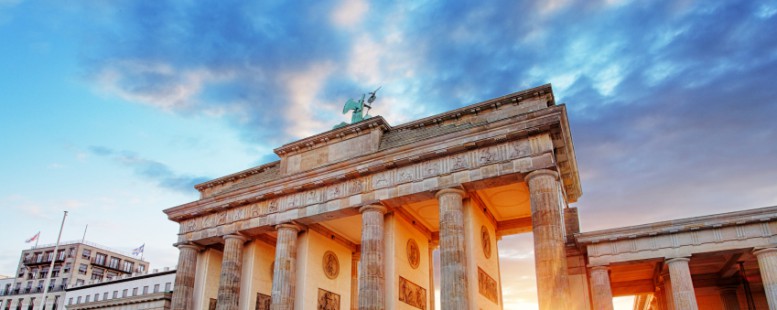Our Opinion: 2017
How will European instability affect Brexit?

The political debate around Brexit is getting interesting. There’s speculation about splits in the UK’s cabinet, and demands from Parliament to have a bigger say on the final deal.
Given this, it’s easy to overlook the fact that many of Europe’s politicians could face their voters over the coming months. This could have a major effect on Europe’s willingness to either make compromises in hope of a trade deal, or take a hard stance.
The elections in the Netherlands and France earlier this year resulted in clear defeats for anti-EU candidates Geert Wilders and Marine Le Pen respectively (though Le Pen did get over a third of the vote in the second round).
However, in Austria in September, Sebastian Kurz’s People’s Party got most of the votes. Kurz is a Eurosceptic, but he did invite the far-right Freedom Party to enter coalition talks. This raises the possibility that the Austrian government could become a lot more sympathetic to Britain’s demands for controls on migration, or at least some arrangement that qualified freedom of movement.
All eyes will now be on Italy, which is due to go to the polls by next May at the latest. At the moment, the Democratic Party is facing a challenge from both the populist left, in the case of the Five Star Movement, and a coalition of Eurosceptic parties that range from former prime minister Silvio Berlusconi’s Forza Italia (though Berlusconi is himself barred from office) to the Northern League and the far-right Brothers of Italy. While the electoral system means that there’s a decent chance that Democratic Party could retain control of Italy’s premiership, a Five-Star victory could cause political chaos.
There is also a good chance that we could also see elections in Ireland next year. In theory, Ireland doesn’t have to go to the polls again until 2021, but the current coalition is widely regarded as unstable, so it could be a lot sooner. The issue of the North-South border will be a big election issue, with all parties under pressure to demonstrate their opposition to any border controls that could disrupt the Irish economy or make lives difficult for the thousands of people who commute across the border each day.
However, the most obvious example is Germany’s recent general election. In September, Angela Merkel’s Christian Democratic Union (CDU) in alliance with its sister party the Christian Social Union (CSU) came first, but with a sharply reduced share of the vote. The hope was that the “grand coalition” of the CDU/CSU and Social Democratic Party (SPD) could be replaced by a coalition of the CDU/CSU, Free Democratic Party (FDP) and Greens.
However, the talks have collapsed, with the big area of disagreement being refugee policy. The FDP wants Merkel to drastically cut the numbers Germany takes, while the Green party wants her to maintain her open-door policy and allow the children and spouses of refugees already in Germany to join them.
If Germany does go to the polls again, it could be extremely disruptive to the process of working out a post-Brexit trade deal. The German public is generally hostile to Brexit, so Merkel won’t want to be seen as letting Britain off the hook, so it will be harder for her to make any concessions. She’s also unlikely to agree to start negotiations while her attention is focused on getting re-elected. So Germany’s domestic political problems could delay the start of trade talks until early 2018 – even if Britain substantially increases the money that we’re willing to pay as a “divorce payment”.
The FDP leader Christian Lidner pulled his party out late last night, saying that “it is better not to govern than to govern badly”.
Merkel could try to govern with a minority government in coalition with the Greens, which means trying to cobble together makeshift alliances every time something important comes up, which is of course, hardly ideal. Or she can push for a new election. The trouble with that is that everyone would worry that the Far Right AfD would do even better than the 13% they notched up in September. Which would rather leave the country with the same problem it has now, only worse.
Whatever happens, it’ll no doubt be a bit longer before Germany has a settled government. And that could mean a delay in meaningful discussions over Brexit.
21st November 2017
